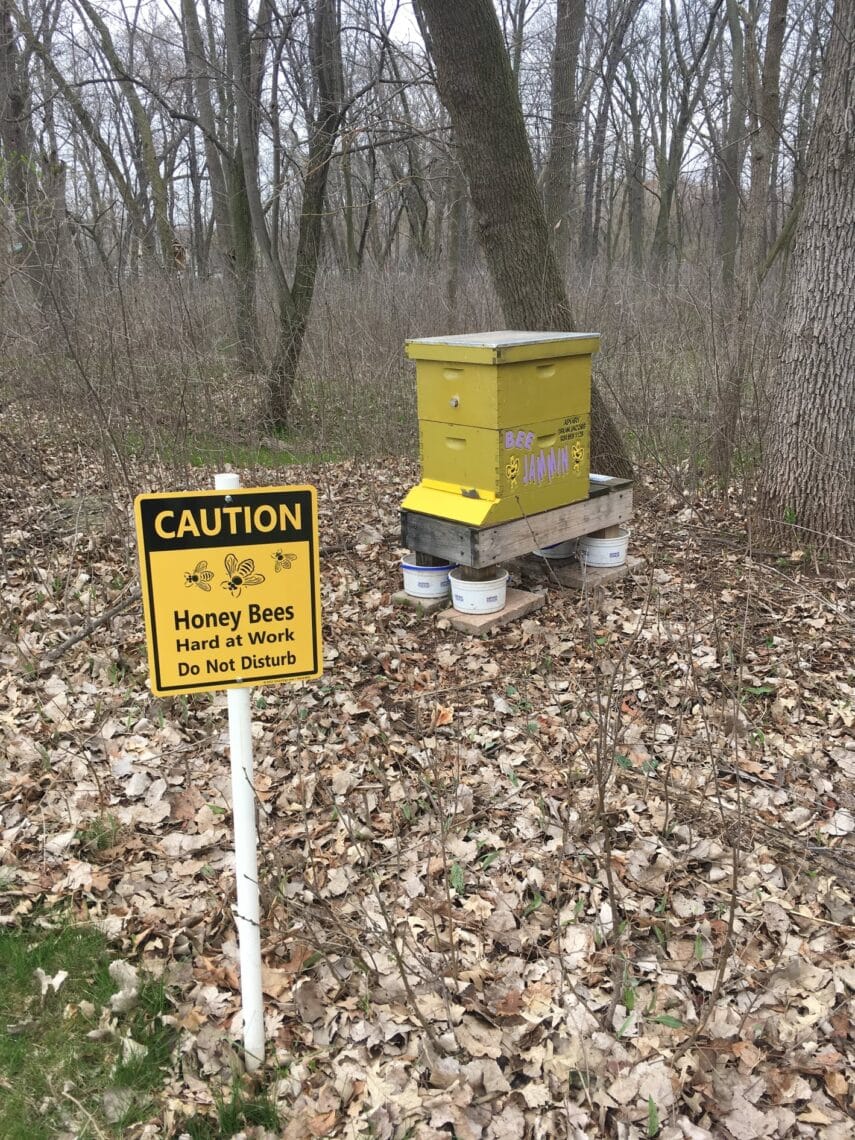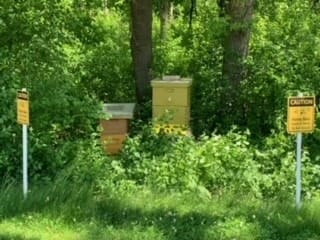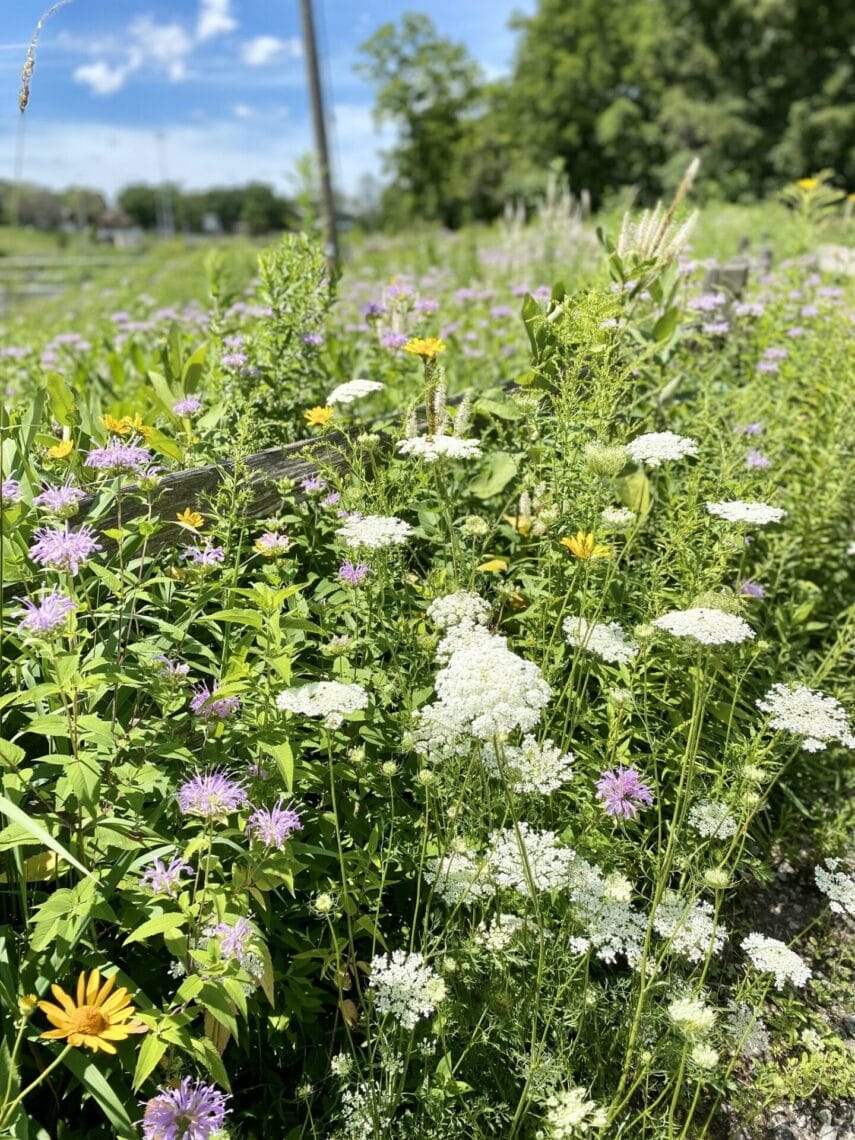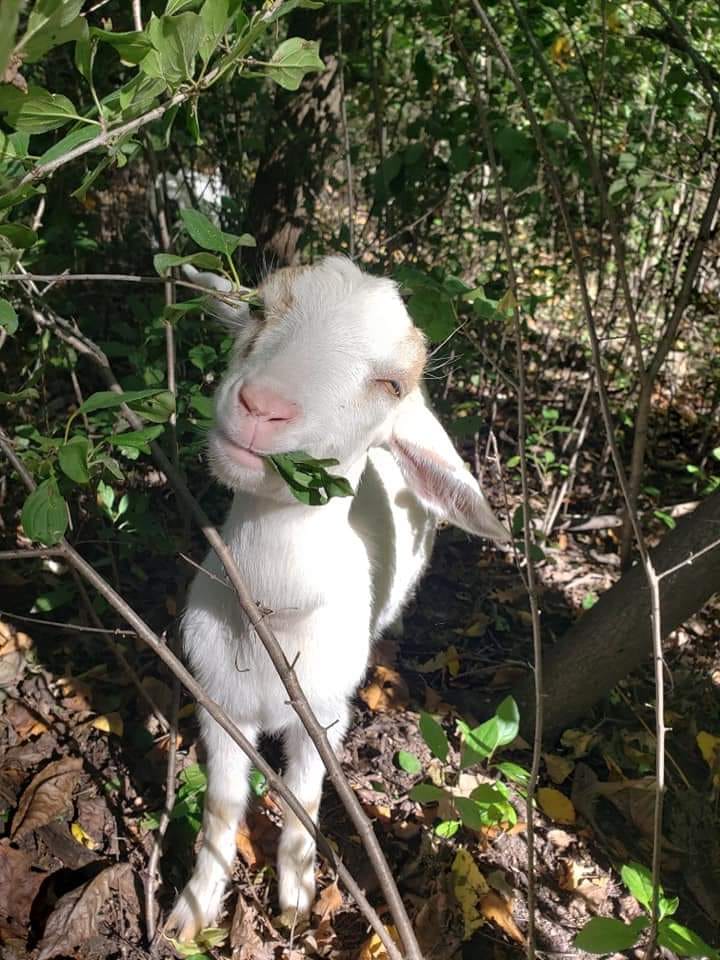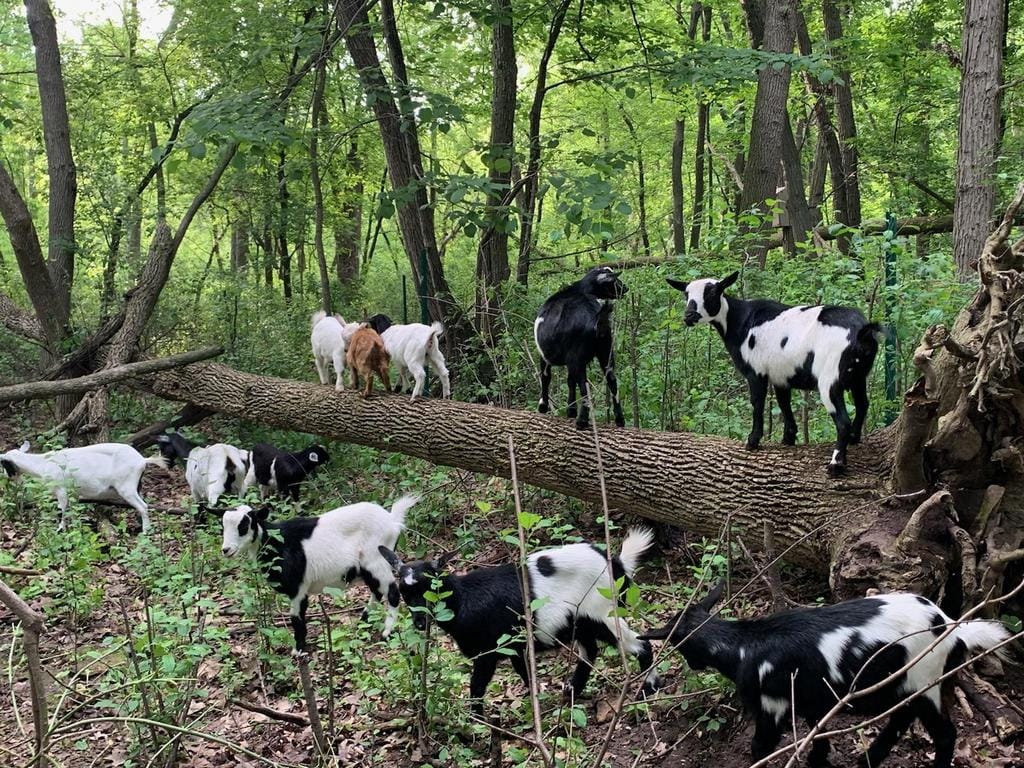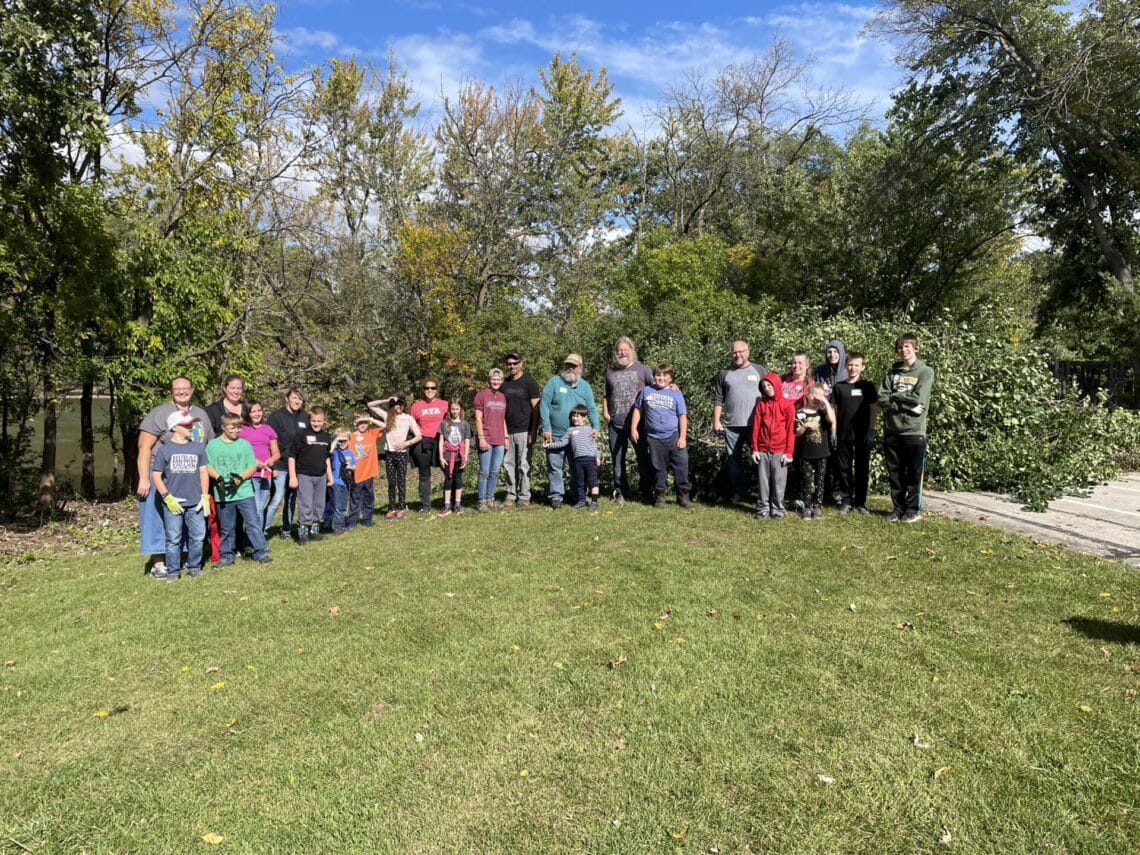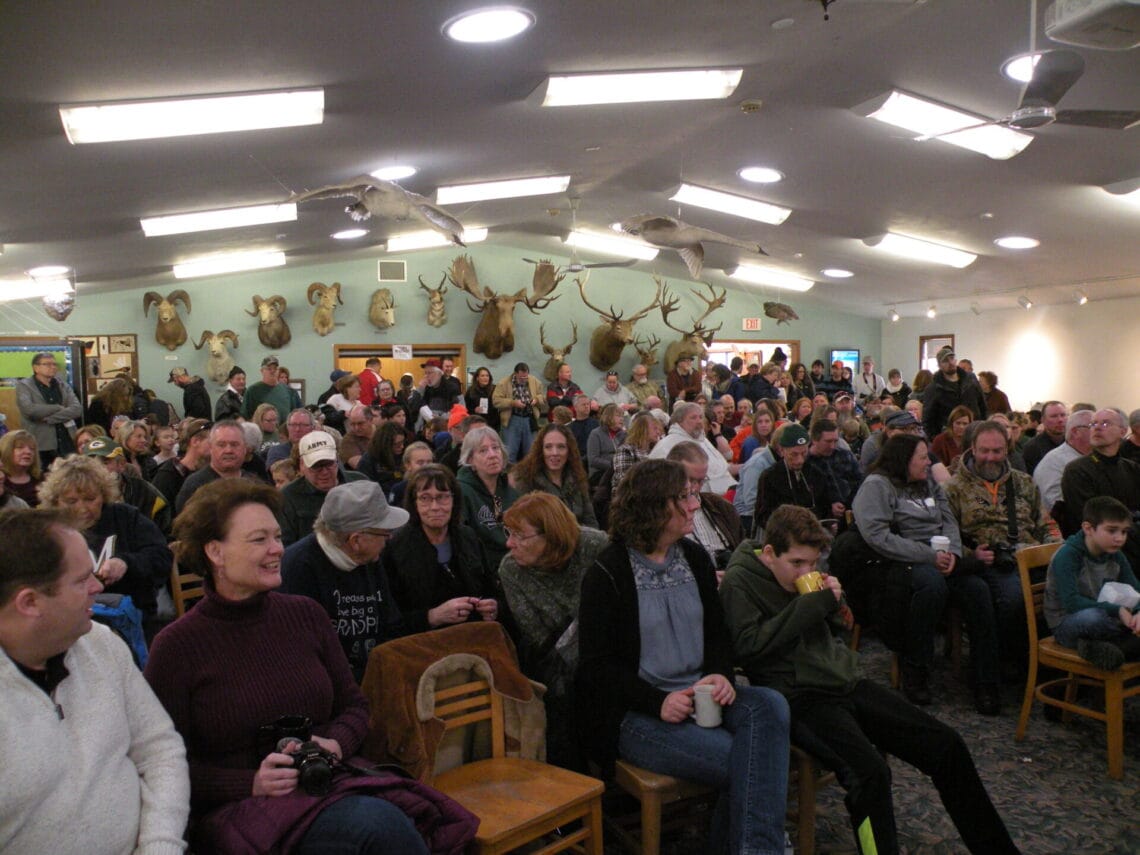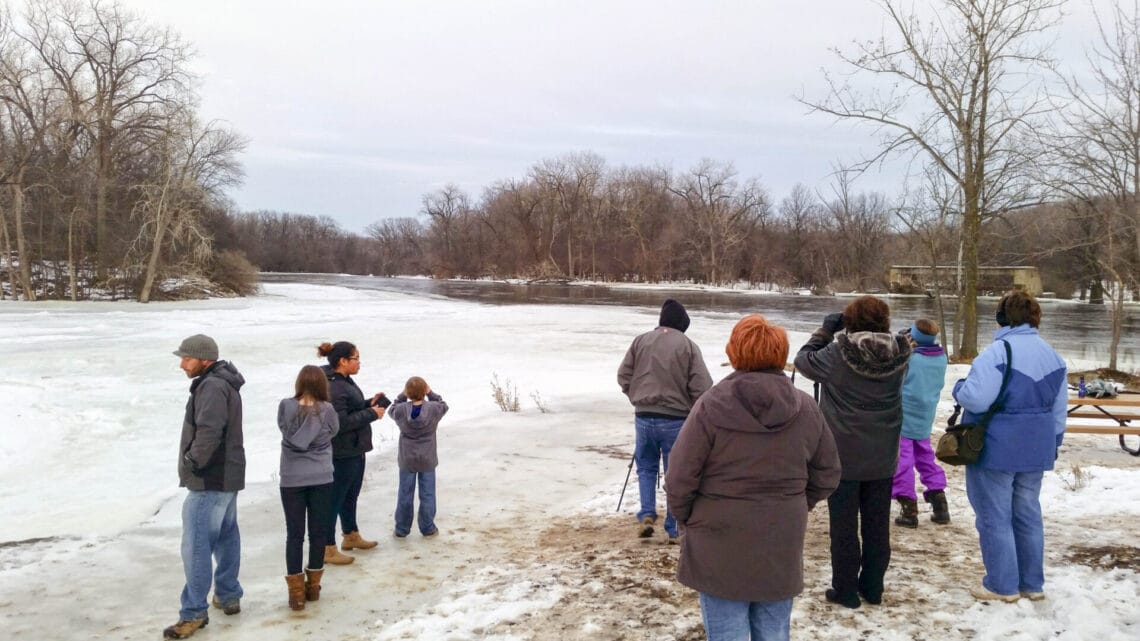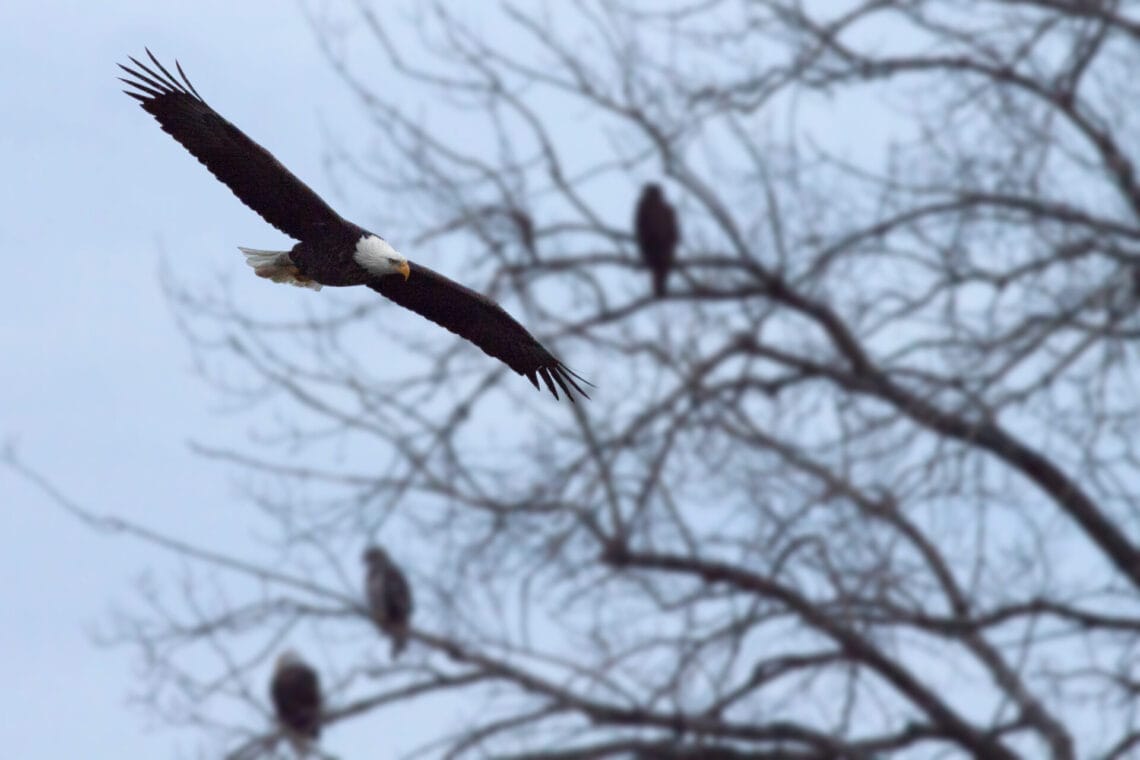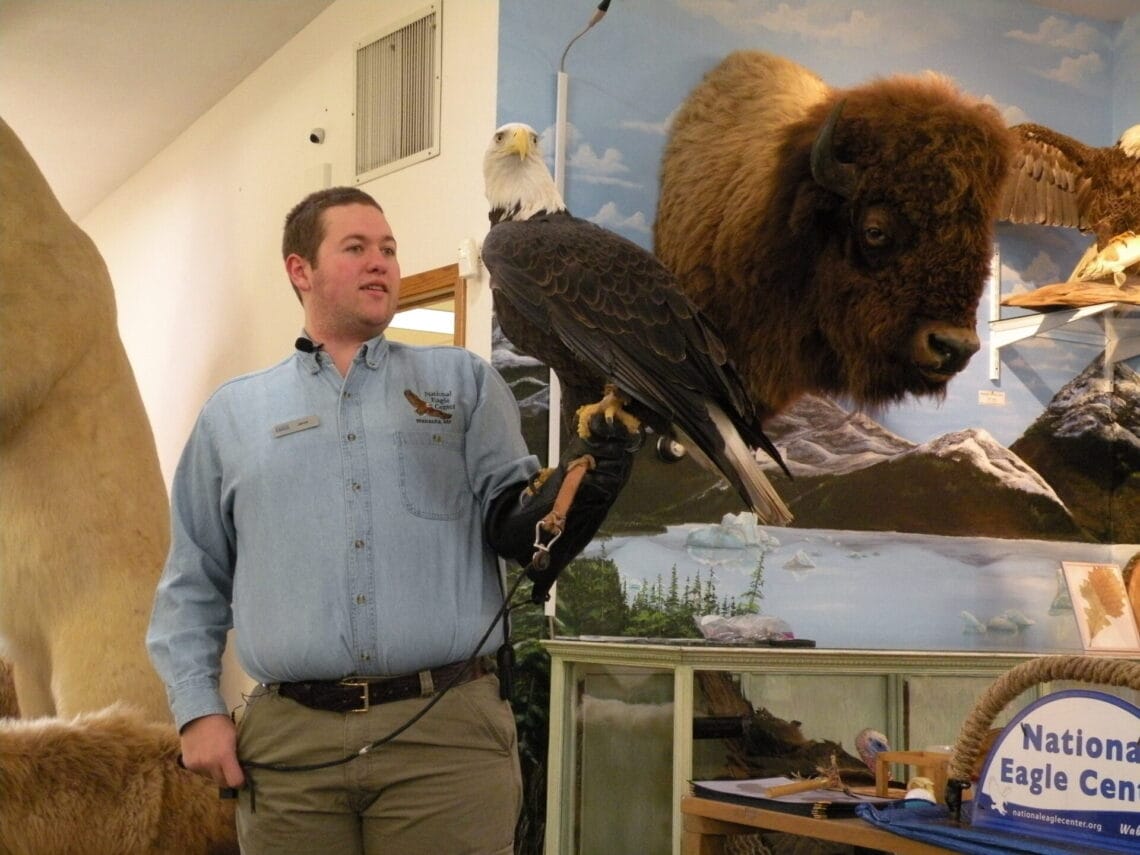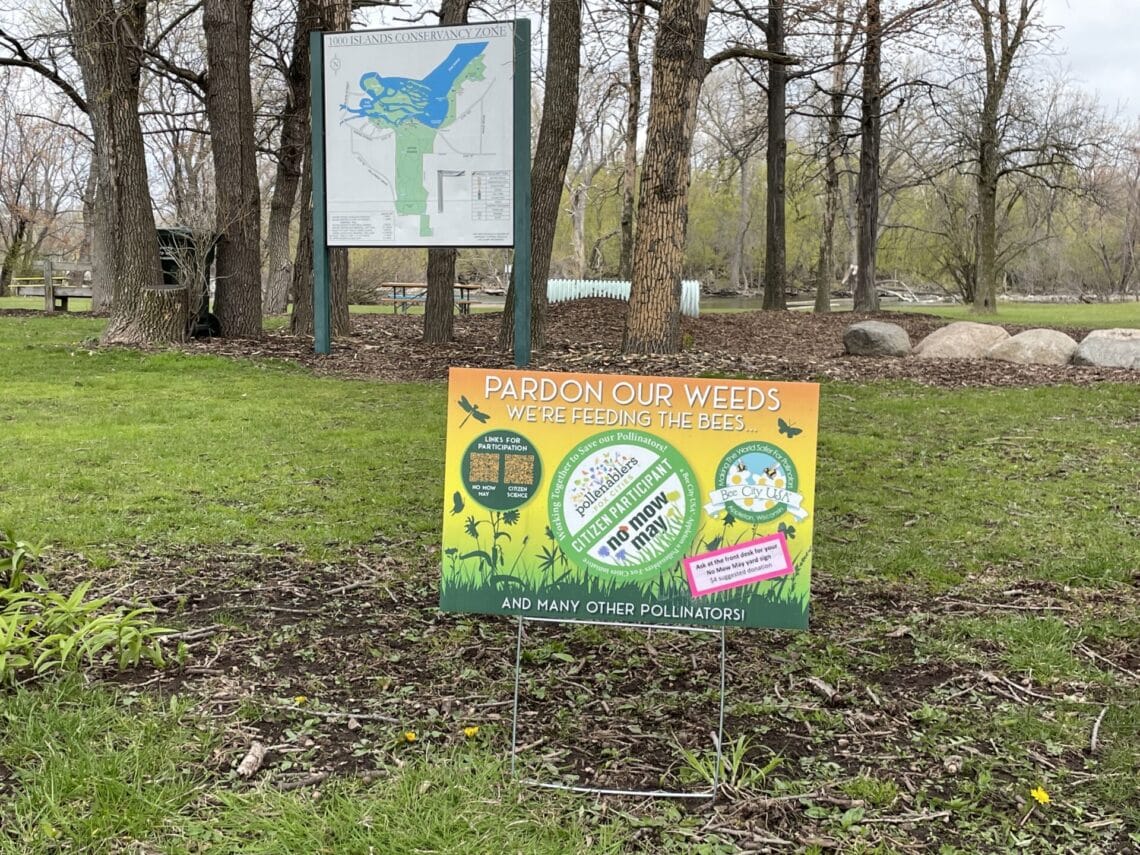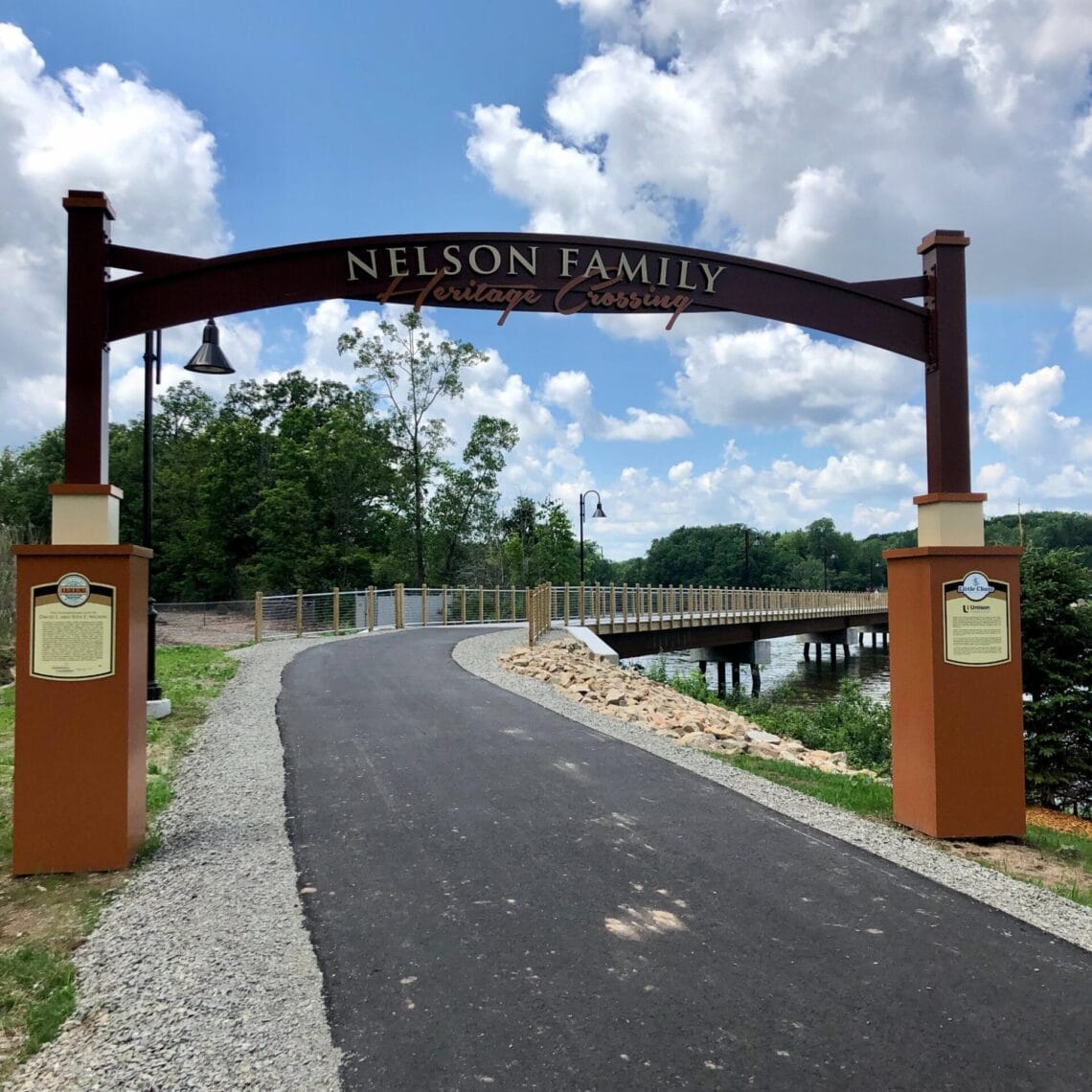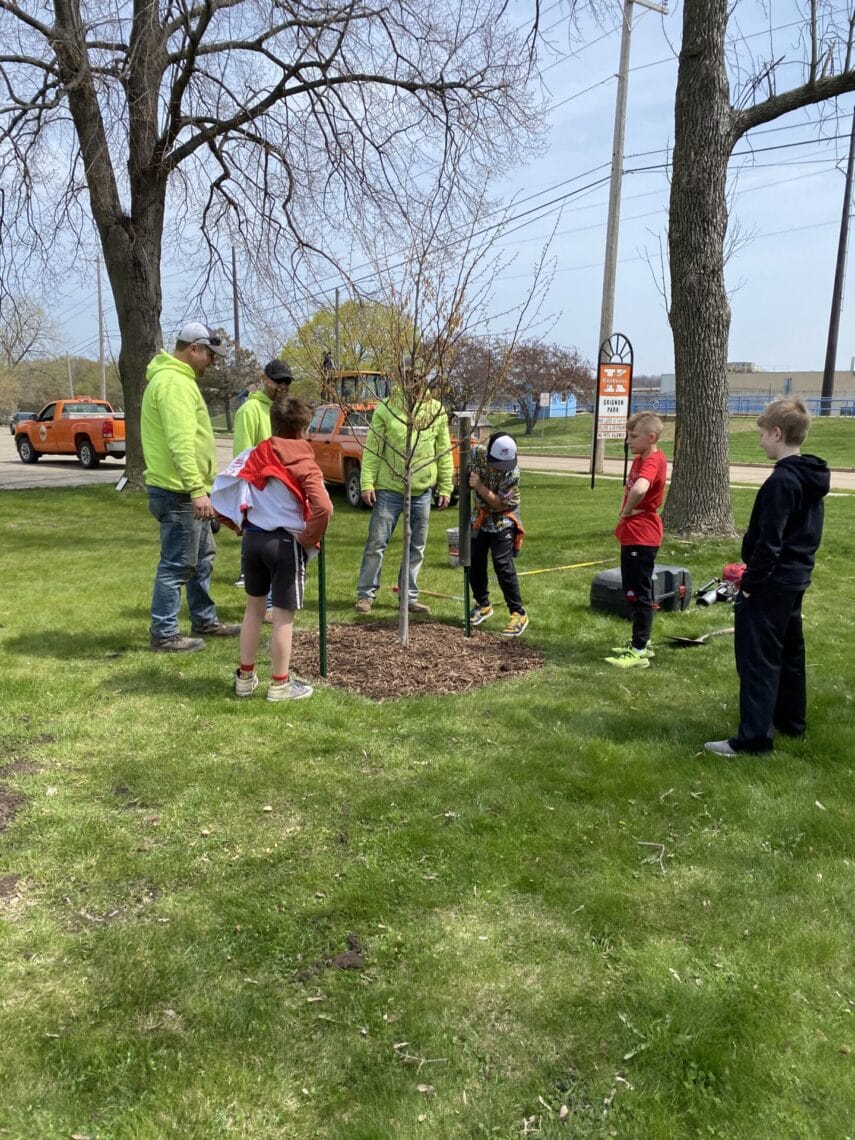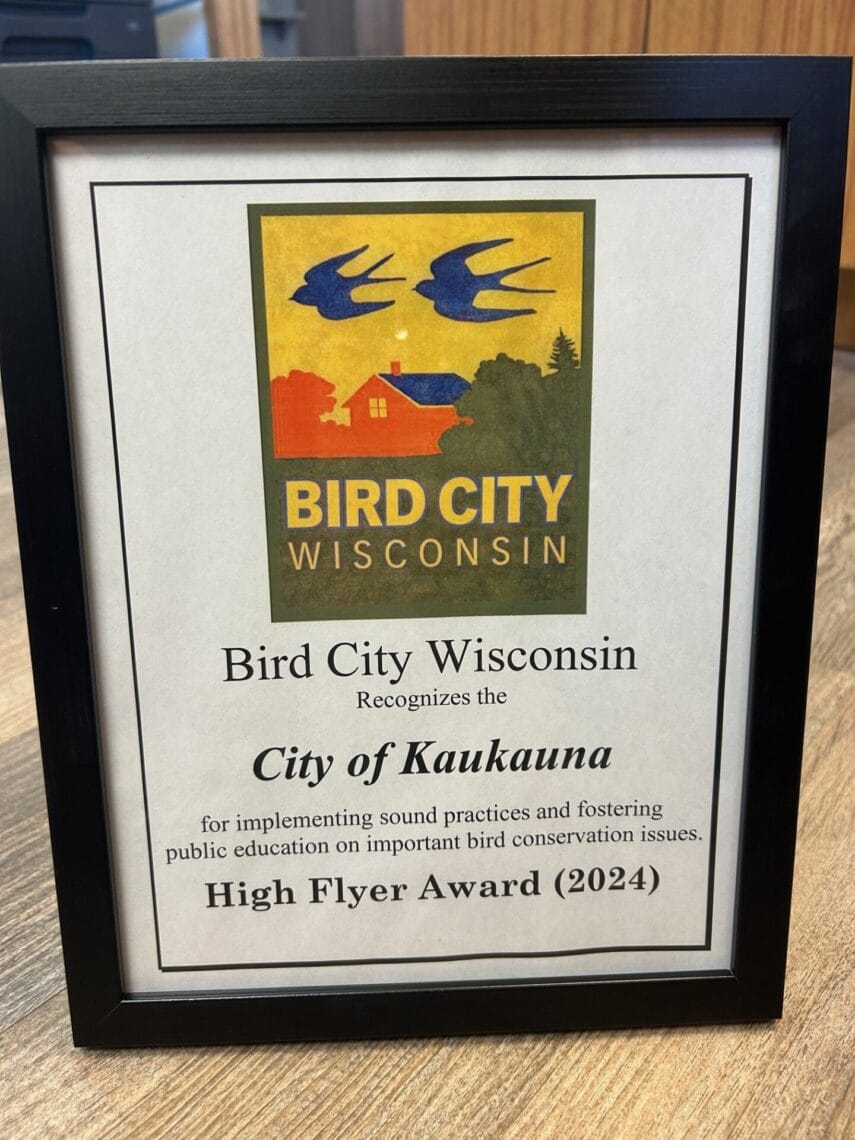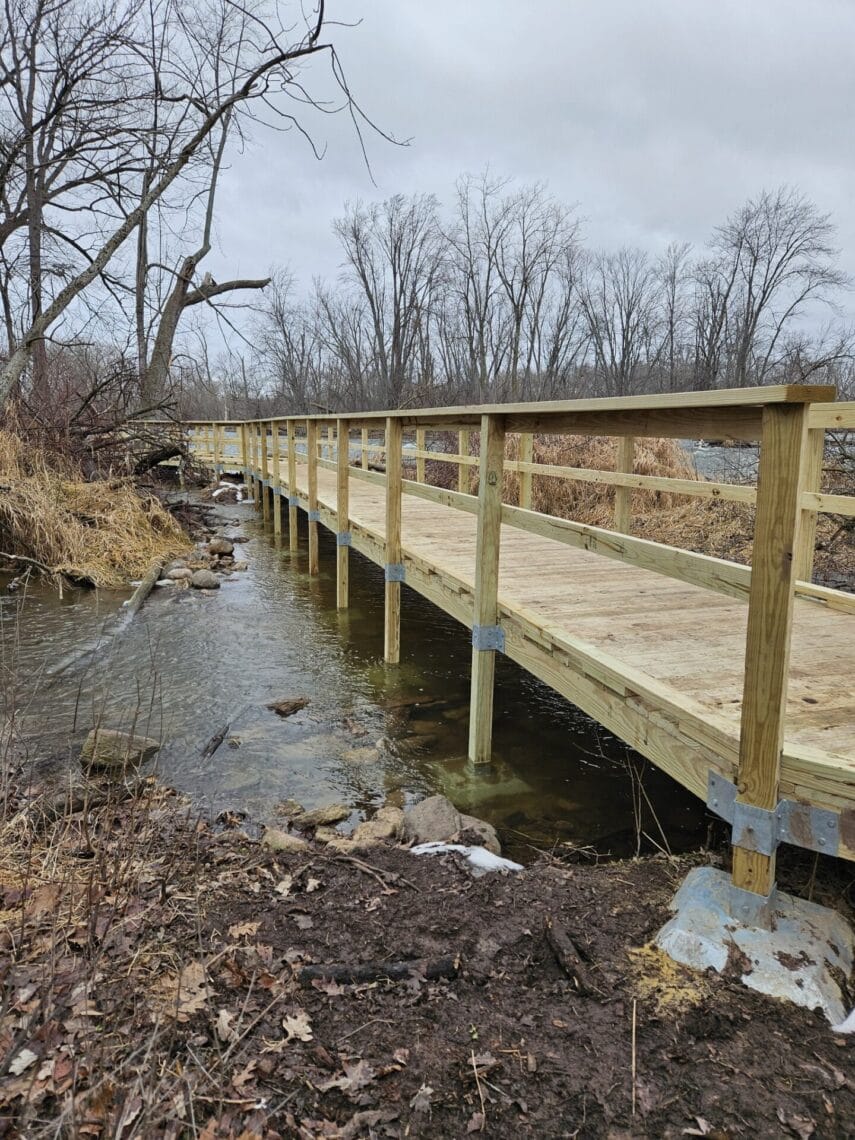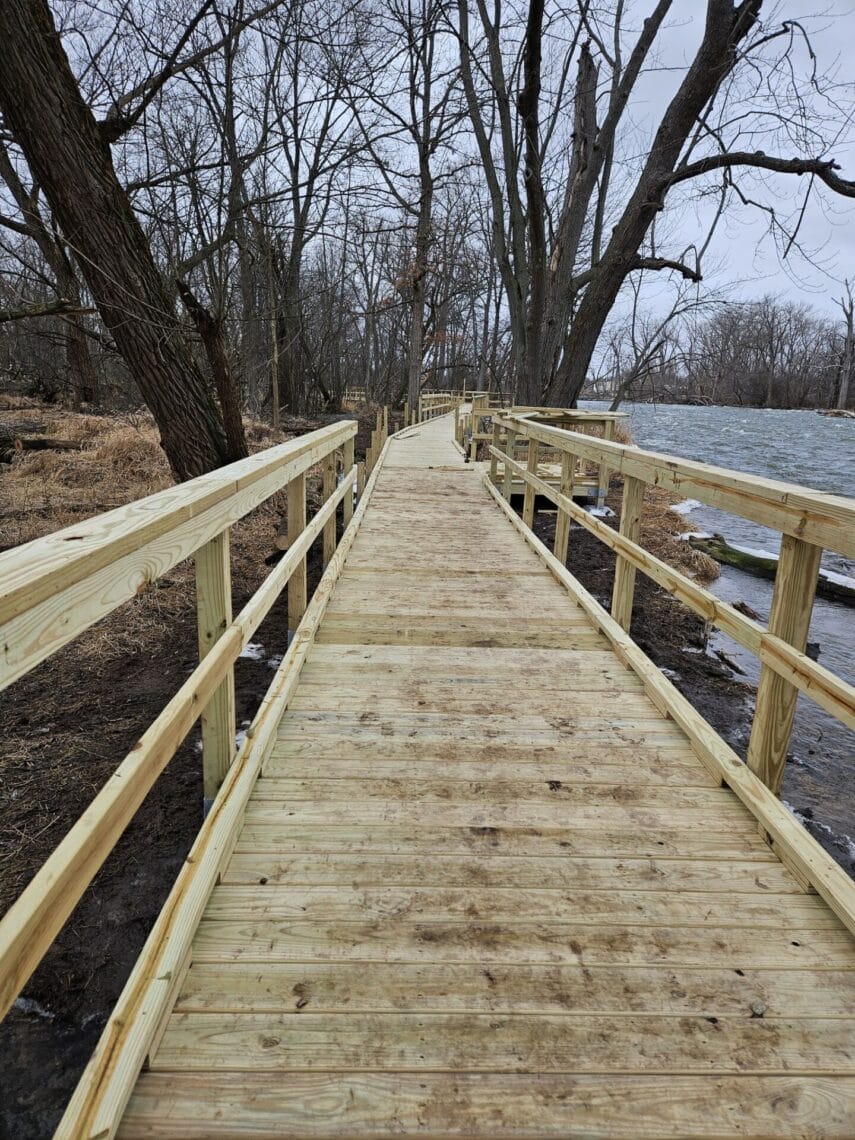Since 2015 Bird City Wisconsin has selected the City of Kaukauna as an official Bird City, recognizing our efforts to celebrate and conserve our wonderful and diverse bird population. 1000 Islands Environmental Center played an instrumental role in achieving this recognition. Application highlights can be viewed here.
Click the links below to learn more:
- Community Efforts
- Keep Cats Indoors
- Prevent Bird Strikes
- Create or Preserve Good Bird Habitat
- Bird City Resources
- Bird City Photo Gallery
COMMUNITY EFFORTS
Community efforts to uphold Bird City designation include:
- In 2022, 1000 Islands Environmental Center worked with Madison Audubon to continue a successful bald eagle citizen science program in the Fox Cities. 1000 Islands coordinated 91 volunteers to collect data on 27 different bald eagle nests in the Fox Valley area. It was a tough year with approximately 70% of the nests in the program failing, but the data is still valuable for the Wisconsin DNR to monitor bald eagle populations and may prove invaluable for years to come.
- The City maintains a two-acre native prairie restoration area known as the Konkapot Preserve atop a closed landfill. An additional 18+ acres of grass top cover is also present. The native grass area is burned every other year to generate the prairie.
- Kaukauna has adopted a program whereby bee keeping is being established in certain parks and retention pond areas to help pollinate plants to the benefit of bird and insect populations.
- City Crews and volunteers removed Buckthorn, Asian Honeysuckle, Japanese Barberry and Queen Annes Lace, among other species to allow more bird-friendly vegetation to take hold.
- 1000 Islands Environmental Center has been utilizing goats as an environmental friendly way to manage invasive species. This has been a community-wide effort utilizing area high school students, boy scouts and community residents all working together to make the project happen.
- The City of Kaukauna hosts an annual celebration of the Bald Eagles that winter along the Fox River. The Eagle Days celebration began in 2012 and is a free public education event for people throughout the local and regional communities to view and learn more about bald eagles. The annual celebration focuses on viewing sites, formal presentations on the past, present and future of bald eagles, and live bird programs.
KEEP CATS INDOORS
Free roaming cats present a big problem for bird populations. It is estimated that between 1.3 and 4 billion birds are killed each year by cats including both house cats that are allowed to roam outside and feral cats. The American Bird Conservancy has begun a program called Cats Indoors educating owners on the benefits of keeping their cats inside. I encourage everyone to read over the information and tips from the Cats Indoors program.
PREVENT BIRD STRIKES
Windows can be dangerous for birds, either reflecting the outdoor space around them or creating the appearance of a tunnel if windows are positioned giving view from one side of the building to the other. When a bird mistakes what they see in the window for a safe flight path, the impact can kill them. Simple tips to prevent bird deaths from windows includes keeping feeders as close to your windows as possible so that if they do take off towards the window from the feeder they won’t have enough momentum to cause injury, closing your blinds and curtains to break up the appearance of a clear flight path and to move houseplants away from the window to lessen the chance of a bird trying to reach the plant as a place to perch. There are also special window clings that can be purchased at many bird feed stores, online and now at 1000 Islands. These window clings look like frosted glass on your window, but they reflect UV light from the sun which birds can see easily and acts as a stoplight.
CREATE OR PRESERVE GOOD BIRD HABITAT
Creating good bird habitat can be as simple or involved as you want. Planting native plants around your house is a great way to provide habitat as well as great viewing opportunities. Check out the Wisconsin DNR page “Plant Native Plants to Help Nature” for great resources or contact your local Wild Ones chapter for advice. The Wild Ones chapter right here in the Fox Valley is always eager to help and even hosts native plant sales.
Not interested in landscaping or don’t have a yard to work with? Think simpler. Smart buying choices can support conservation efforts all over the world. The next time you buy coffee, look for the certified bird friendly symbol. Your average coffee is a variety that is grown in full sun, causing coffee growers to clear cut valuable tracts of rainforest in order to grow a successful crop. There are other varieties of coffee that grow best in the shade. This is referred to as shade grown coffee. Organic coffee is another option when you purchase coffee, verifying that few if any pesticides were used in the process. Bird Friendly coffee is the only certification that encompasses 100% pure shade grown and organic coffee resulting in the best habitat preservation in the coffee industry. Not only does that help conserve tropical bird populations, but it helps to provide essential wintering habitat to the many Wisconsin birds that spend their winters in Central and South America. The Smithsonian Migratory Bird Center maintains a list of coffee roasters that provide Bird Friendly coffee. Helping birds, never tasted so good!
Smithsonian Bird Friendly Coffee
Anytime is great time to reflect on the great accomplishments that all of us have made in the name of bird conservation already, but also a great time to look forward to what else we can do together as a community. Together, we can make our communities healthier for birds…and people!
BIRD CITY RESOURCES
1000 Islands – Conservation
Backyard Habitat Certification Program
Beyond the Bird Feeder: Creating A Bird Friendly Yard

